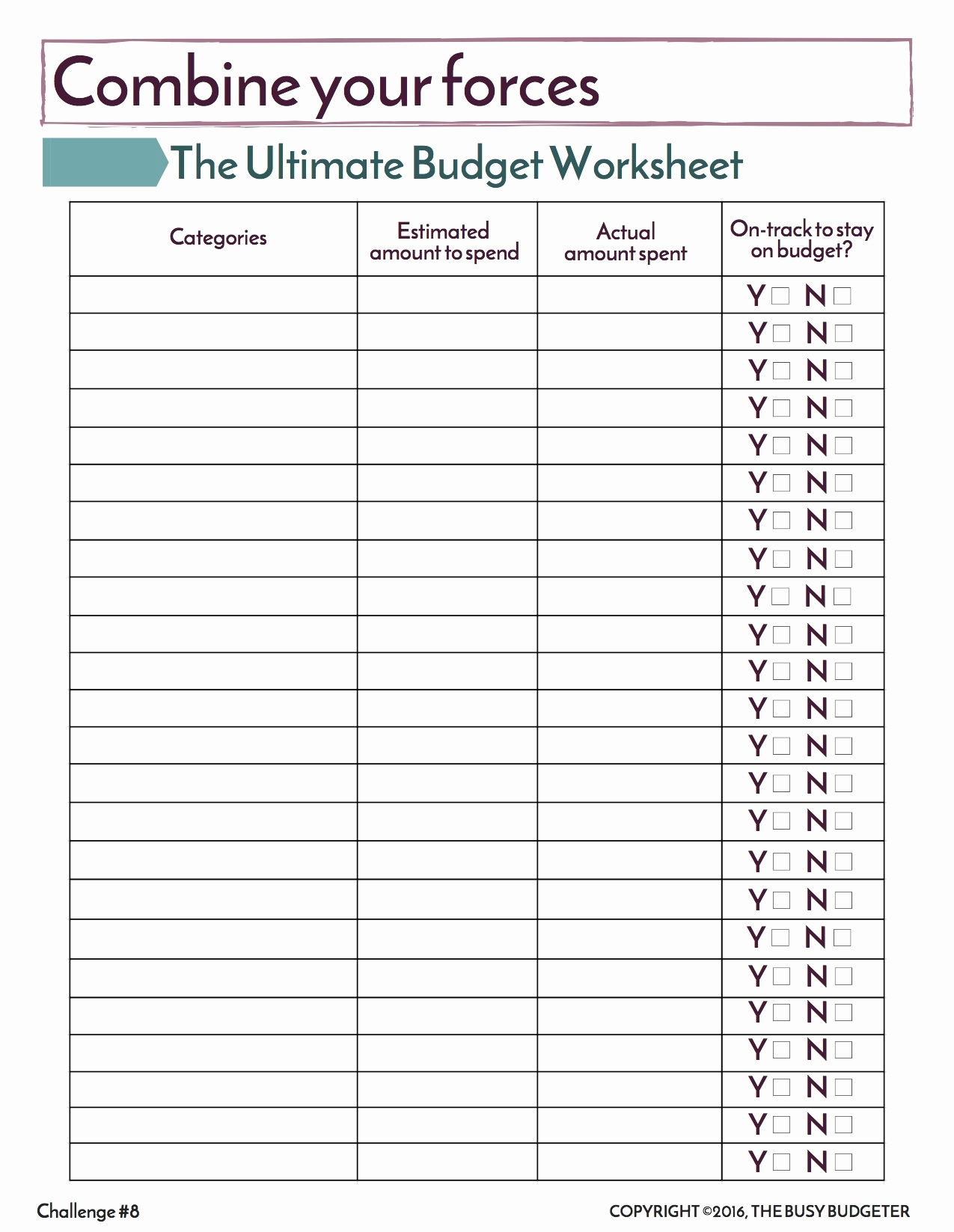


You will also include your classes, study time, cleaning, extracurricular activities, and any appointments you have that day. It’s important to slot out at least an hour daily for homework, even if nothing is urgent. Schedule daily homework in the morning to be done before attending that class. To make a planner work for you, look at your list of things to do as well as your calendar, then plan your day accordingly.ĭo you have an assignment due on Thursday? Schedule it on Monday and Tuesday so you can edit and hand it in before the due date. This will help you stay organized, prioritize what is most important and stay away from distractions. The difference between a planner and an organization calendar is that you can have daily to-do lists with a planner, not monthly or weekly. You will also be able to slot in long-term homework on days when you are not so busy. This will let you see what you have for this week and next week and possibly any long-term assignments whose deadlines are drawing near. Ideally, you should be able to see the entire semester’s calendar at a glance. Important appointments with doctors, dentists, or professors.Your work schedule if you have a part-time job.Some of the things to include in your calendar are: The type of calendar you use doesn’t matter as long as you can easily dump all the important events and tasks there. If you have a digital calendar such as Google Calendar, you can get automatic reminders of important events and things you need to do before time. Instead of having to remember classes, due dates, and assignments, you have a visual cue of what to do next so you can stay organized and on track. It also frees up space in your head so you can think about other things. The sole purpose is to give you structure so you know what time to do what, instead of guessing. I recommend using both but go with what works better for you. The next step to tracking your homework is to have a working calendar system, which can be paper, digital, or a combination of both. If you don’t have a physical planner on hand, set a reminder on your phone to write it down later ( source).

Don’t tell yourself that you will write later, because you may not. The only efficient way to do this is to write down everything immediately when it’s assigned or when it comes to mind. Random things you want to remember later, like asking your teacher something or borrowing a certain book.So, what should you write down? Every little thing, including time and dates, and the following: Instead, write down everything the lecturer says you should do later, so your brain has room to process what you learned that day and be creative. If you’ve ever wondered why you forget so many things, it’s because your mind wasn’t meant for storing loads of information, and you shouldn’t try to force it. In the words of David Allen, “Your brain is for having ideas, not storing them” ( source).


 0 kommentar(er)
0 kommentar(er)
